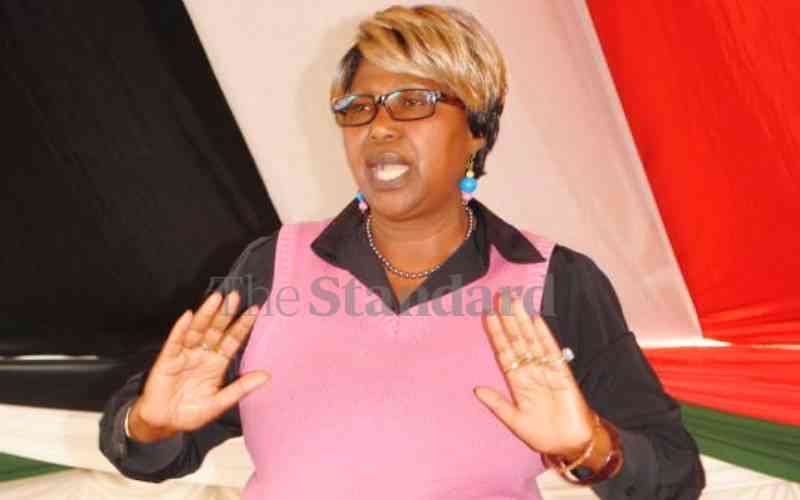South Africa’s biggest retailers have all expressed ambitions to take each other on in some way in their traditional market segment – the most notable being Shoprite’s move into affluent areas and customers.
Checkers has continued to grow its store footprint in wealthier areas while also undergoing a massive refurbishing of its established stores to create a more upmarket feel.
Shoprite has also invested in food technology and development, hiring scientists, food developers, and technologists while also offering more high-end convenience foods, more commonly seen in Woolworths.
Pick n Pay meanwhile, has said that the market is diverse and set to grow in all segments. As a result, the group recently announced plans to diverge into three main groups, catering to three segments of the market.
Pick n Pay chairman Gareth Ackerman told delegates at the company’s AGM on Tuesday (26 July), that the world is moving rapidly, and there are important developments the company needs to consider.
“Given other pressures of climate change and health, we need to find ways for consumers to make sustainable choices more affordable. We must provide options to help consumers play their part in the solution, without nutritional compromise,” he said.
“Consumers are really struggling, inflation is on the rise, and interest rates have also increased, adding to their burden.”
Ackerman conceded that more change and challenges face the group. He said that the push to omnichannel retailing is relentless, noting that consumers are increasingly saying “give me what I want, where I want it, when I want it, at a price I am prepared to pay”.
“Green consumers will increasingly flush non-sustainable players from the market. Customers will not compromise on product or price, but do expect products to be sustainable, and be clearly marked as such. We need to be making decisions from their perspective,” the chairman said.
“To survive, we must embrace reinvention. This new era requires responsible growth. As Pick n Pay, we need to properly analyse our supply chains, products, and systems, to reduce waste. This will drive down costs, and help us scale sustainably.”
We need to move away from the linear approach we take in our businesses and increasingly move towards the circular economy, he said.
Taking a macro view, Ackerman said that as a country, “we simply must look forward and not stand still, or even worse, look back”.
“We have low levels of economic growth, and we simply must find ways of growing the size of the cake rather than finding ways of cutting it differently.”
“Retail is a confidence business, and the business of the future will be both more sustainable and digital. It will be a partnership of the willing. We will be a business embracing rapid change. With Ekuseni, we will be a business geared to grow,” said Ackerman.
The group hatched a strategic plan called Ekuseni (Zulu word for “dawn”) with the following pillars:
- Deliver a refined Pick n Pay customer value proposition
- Accelerate Boxer growth
- Build the Online business
- Deliver Project Future
- Build a winning team
It said it aims to serve a diverse customer base by differentiating better to serve these needs, namely through three customer segments. Pick n Pay said that it has always served a very diverse market under one banner. Pick n Pay retail, it said, can be better served under two brands.

The retailer provided a snapshot of its market share in the less affluent, middle, and more affluent markets, and where it sees growth over a five-year period, up to 2026.

Read: Pick n Pay, Makro and other stores prepare for unexpected shift in shopping in South Africa




















Discussion about this post